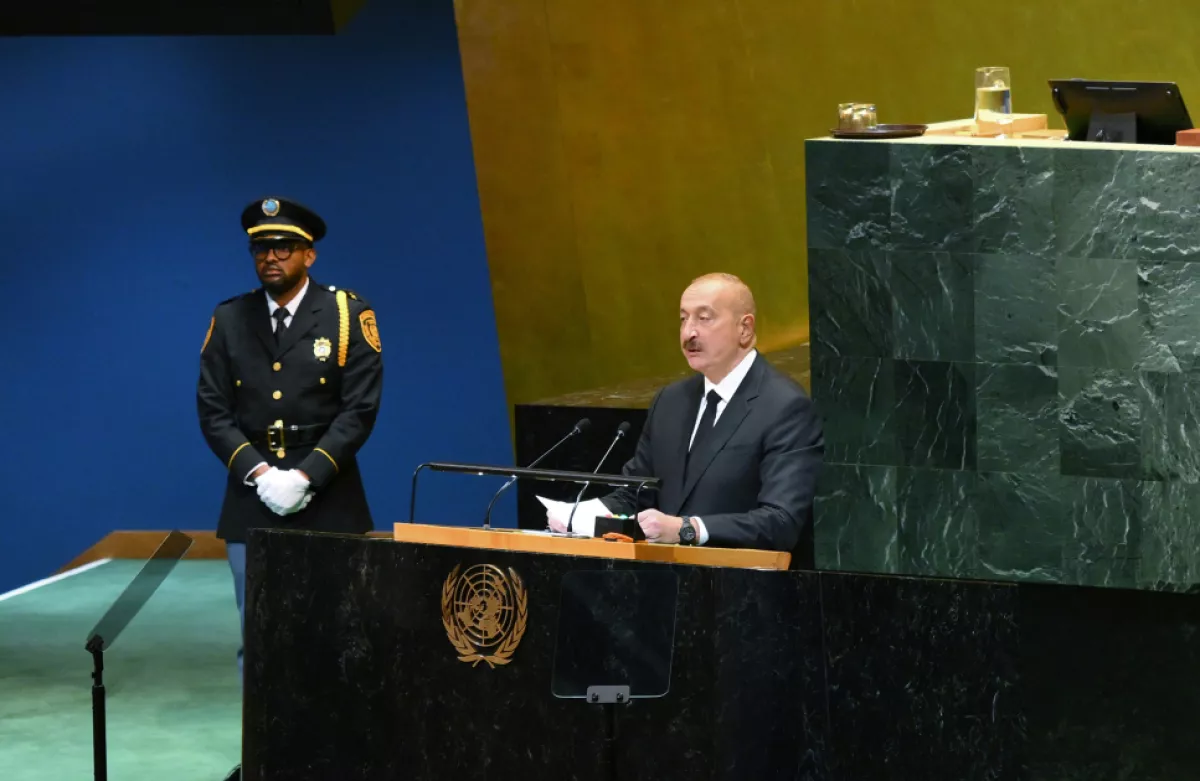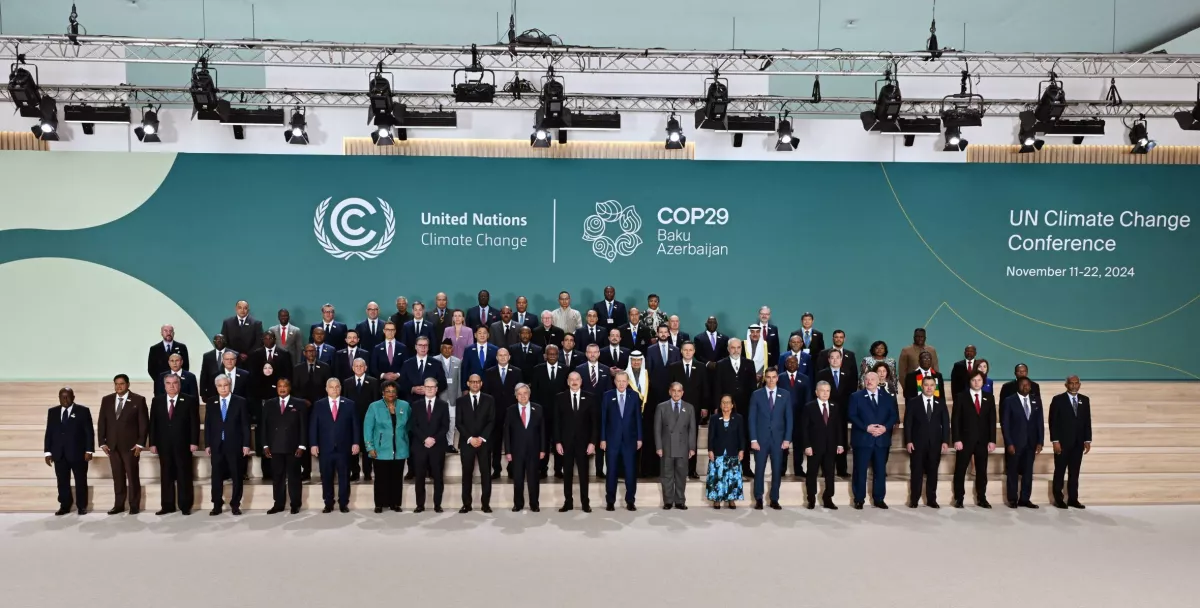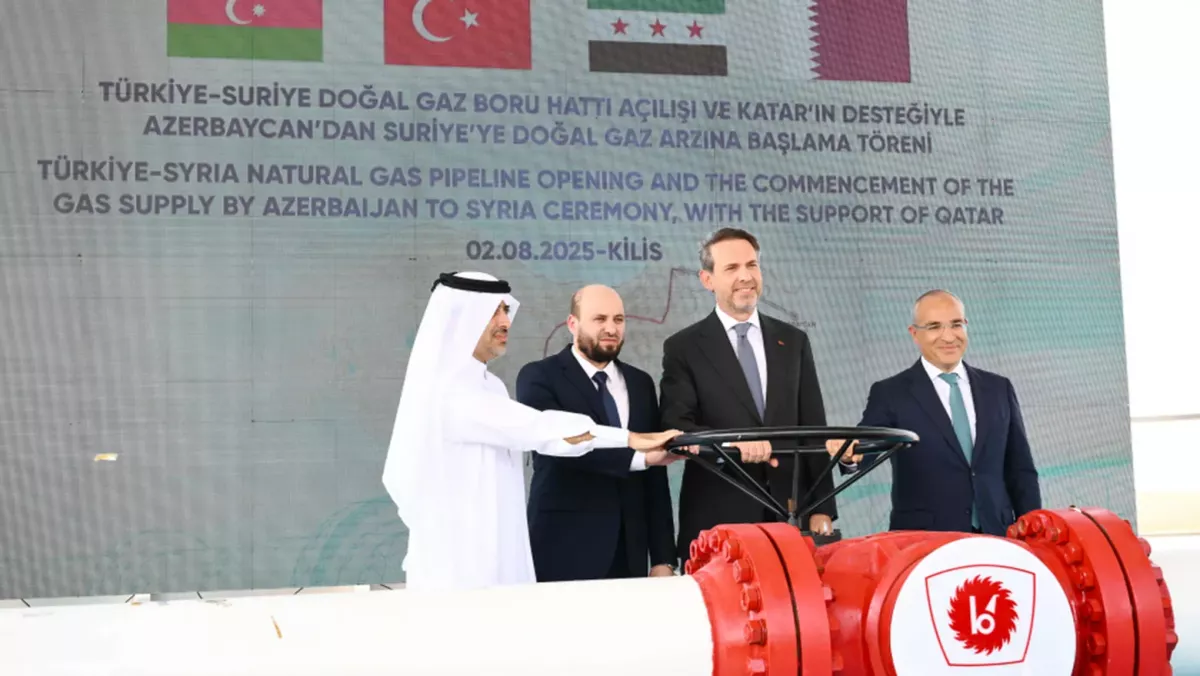Aliyev’s UN address: A global lesson in justice and development Championing a world without double standards
Another brilliant lesson in history for the international community from the President of Azerbaijan, Ilham Aliyev—this time during his address at the 80th session of the UN General Assembly! And this historical lesson is not just about Azerbaijan itself, nor is it limited to events in the South Caucasus. It is a lesson on the modern world, viewed through the lens of how historical justice can be restored based on universally recognised norms and principles of international law—not in pursuit of the interests of individual countries, but solely in the name of peace, progress, and positive development for all.
The message from the Azerbaijani president was a carefully measured step, especially given that this anniversary session of the General Assembly is held under the motto: “Better together: 80 years and more for peace, development and human rights.” Ilham Aliyev publicly called for collective efforts to build a world without double standards, where justice is not selective and respect for the rule of law becomes the standard for everyone. In turn, this will help ensure a global peace that is realised not only in words but through practical measures.

The significance of the words spoken by the President lies in the fact that Azerbaijan has endured numerous injustices, both during the occupation of its ancestral lands and after their lawful liberation. Today, the anti-Azerbaijani stance of certain partisan forces remains evident. This is manifested, for example, in the fact that the country continues to face one of the most severe humanitarian challenges even in peacetime—the threat of landmines.
Apparently, these anti-Azerbaijani, anti-Turkic, and anti-Islamic forces are content to observe that, since the victory of the Azerbaijani army on the battlefield in November 2020, the number of civilians and military personnel killed or seriously injured by landmine explosions has been steadily increasing—today exceeding 400 people. This widespread threat also hinders the safe return of displaced persons and the implementation of projects for the restoration of the liberated territories.
Despite all these challenges, the Republic of Azerbaijan is moving forward confidently. President Ilham Aliyev emphasised that the country has entered a new era at an impressive pace, achieving victory both in war and in the establishment of peace.
Having ended the occupation, the state immediately embarked on constructive activities. Azerbaijan is ready to share its positive experience with the world, including demonstrating the path to the triumph of justice, the strengthening of sovereignty, and the establishment of de facto peace.
The significance of these achievements extends far beyond Azerbaijan itself. What is particularly noteworthy is that recent successes are not just victories for the country—they stand as compelling evidence of the ultimate authority of international law.
The question remains whether those who see themselves as the “powers of the world” are willing to take note of Azerbaijan’s example. Do they even need to, if they continue to regard themselves as a “flourishing garden” while viewing everyone else as residents of the “jungle”? Even amid domestic crises or social challenges, they maintain the belief that they are the centre of the universe, entitled to dictate political, economic, and cultural norms worldwide.

But, as the saying goes, let them think so. Azerbaijan’s vision, as articulated by President Ilham Aliyev, is a world of peace and development rooted in international law, non-interference, mutual respect, and cooperation. Regardless of global manoeuvrings, Azerbaijan will continue along this path, addressing global challenges through inclusive, just, and universally principled actions. Through its numerous initiatives, Baku has consistently demonstrated its commitment to fostering sustainable solutions for the international community.
Was this not evident during the uniquely organised COP29 in Baku, which entered world history with significant outcomes in climate action, the “green transition,” and equitable access to finance? Was it not Azerbaijan, as the chair of COP29, that steered negotiations toward ambitious yet balanced results, striving to ensure that all voices were heard—including those usually excluded from decision-making processes? Is it not the Baku-led initiative group that tirelessly combats neocolonialism, promoted by countries that consider themselves guardians of democratic traditions? And was it not President Ilham Aliyev who, at a previous UN General Assembly session, raised the issue of “vaccine nationalism” and is now advocating for mutual understanding between the Global North and Global South?
On the other hand, Azerbaijan, having become one of the international transport hubs and integrated major communication projects such as the East–West and North–South corridors, has assumed a strategic role in ensuring energy security and diversifying supply routes to Europe and beyond. Today, this role has expanded to include the Middle East—particularly support for Syria, encompassing energy supply, infrastructure development, and post-conflict reconstruction efforts.

The deliveries of Azerbaijani natural gas to Syria via Türkiye, which began last month, have significantly reduced the country’s electricity deficit. In this way, Baku continues to play a strategic role in linking the Caspian region with international markets through a diversified network of oil and gas pipelines. At the same time, attention is being given to renewable energy sources, including solar, wind, and hydropower. Alongside this is the plan to create an advanced fibre-optic cable network across the Caspian Sea floor, which will enable Azerbaijan to become a key regional digital hub.
This form of engagement with the world is entirely natural for Azerbaijan, as communications form the foundation of Baku’s vision for lasting peace not only in the region. In this context, the prospects of the “Trump Route for International Peace and Prosperity” (TRIPP) take on particular significance, aiming to ensure unhindered passage through the Zangezur Corridor, which President Ilham Aliyev has identified as a branch of the Middle Corridor.
Isn’t all of the above a lesson in history for the world? Lessons in sincerity, justice, constructive action, and vision, where every step is taken, as emphasised by President Aliyev, in the interests of all. And let those who arrogantly assume the right to define what is “good” and what is “bad” think otherwise—in reality, the trends of the modern world are being shaped in entirely different geographical latitudes.








